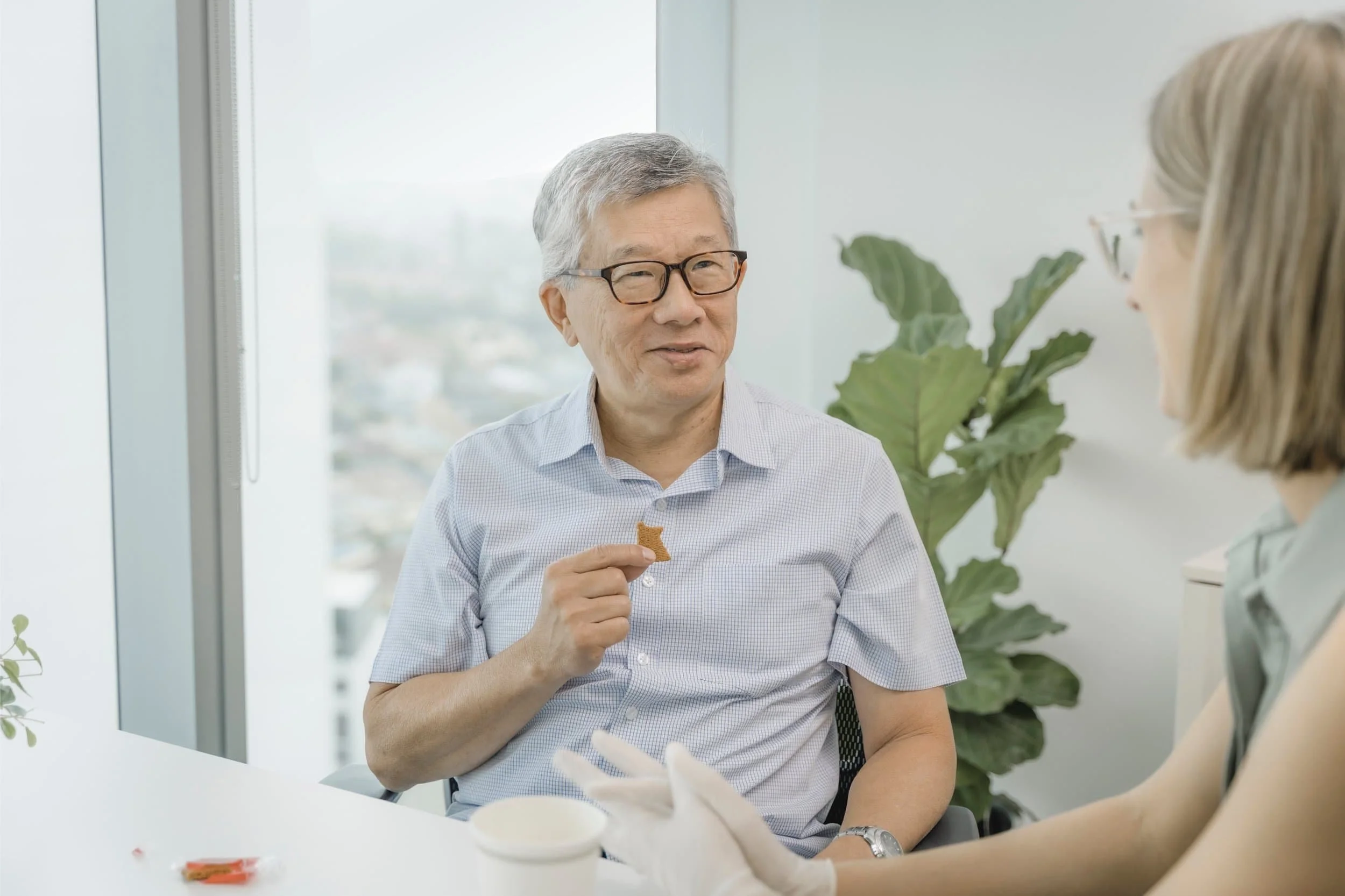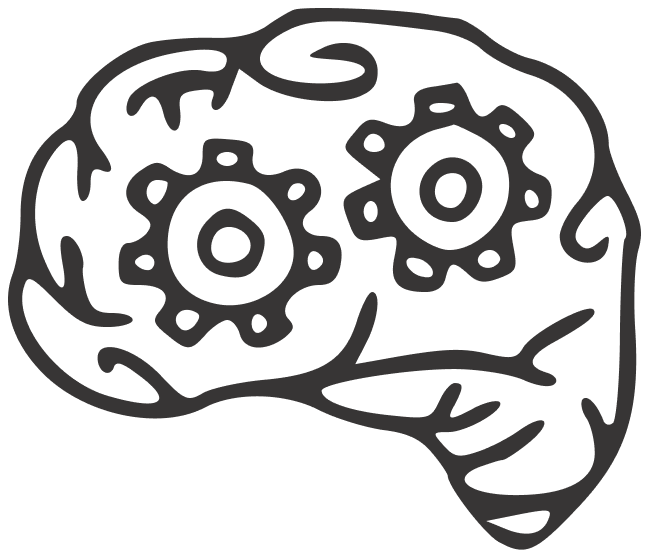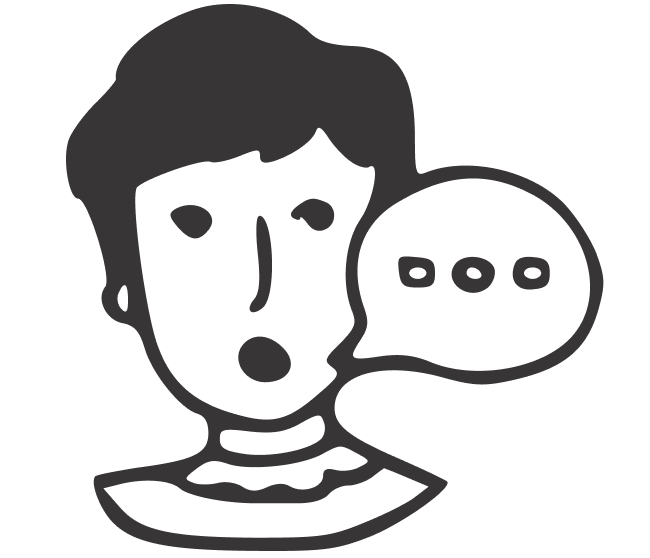Thinking, Memory & Communication Support
We support individuals with brain injuries, neurological conditions, or developmental differences to build communication skills and tools for organising thoughts, improving memory, and enhancing overall understanding and expression.
Who this is for?
Acquired brain injuries (e.g. stroke, traumatic brain injury)
If you've had a brain injury from stroke or traumatic brain injury and now find it hard to think clearly or communicate like before, we can help.
Trouble with organising thoughts and expressing them clearly
You may find it hard to put ideas into words or explain yourself in conversations — we can help make that easier.
Neurodegenerative conditions
We support people living with conditions that cause dementia, who are noticing a decline in their capacity to communicate effectively, and are looking for ways to enhance and maintain their current level of functioning.
Difficulty with remembering what was said or asked
You may often lose track of conversations, forget instructions, or need things repeated to stay on top of everyday tasks. Speech therapy can assist.
Learning difficulties
If you have difficulty understanding and learning new things, difficulty asking for help or expressing needs and ideas, we can provide communication skills and aids to help.
Difficulty managing written and reading tasks at school or work
If you struggle to stay focused, process information, or organise your thoughts clearly for reading and writing tasks, we can help.
How can we help?
Attention and processing supports
Develop and practice personalised strategies that support attention and processing information in conversations, and reading and writing tasks.
Recalling and saying the right words
Improve skills and learn self-cueing strategies that address word-finding difficulties and improve self-expression.
Memory aids and compensatory strategies
Reduce the impact of memory difficulties with supports like spaced retrieval, procedural memory strategies, life-story books, and assistive technology.
Communicating ideas clearly and confidently
Build fluency and confidence in speaking through approaches like response elaboration training, narrative-based therapy, and conversation partner training.
Planning, organising, and problem solving
Build capacity to plan, organise and problem-solve through skill-building exercises, real-life applications, and supports such as step-by-step guides and templates.
Self-monitoring, self-advocacy and communication repair
Improve everyday conversations by developing skills in reflection, reading social cues, spotting when things go off track, and learning how to self-correct.
How we work?
1
Comprehensive Assessment
Understand how thinking skills impact communication.
2
Individualised Goals
Co-created goals based on your life, roles, and routines.
3
Practical Therapy Sessions
Using real-world tasks - planning a day, or managing conversations.
4
Caregiver & Team Support
We often work with families, support workers, or employers.
Learn more about Assessments . Therapy . Telehealth . Community Visit







